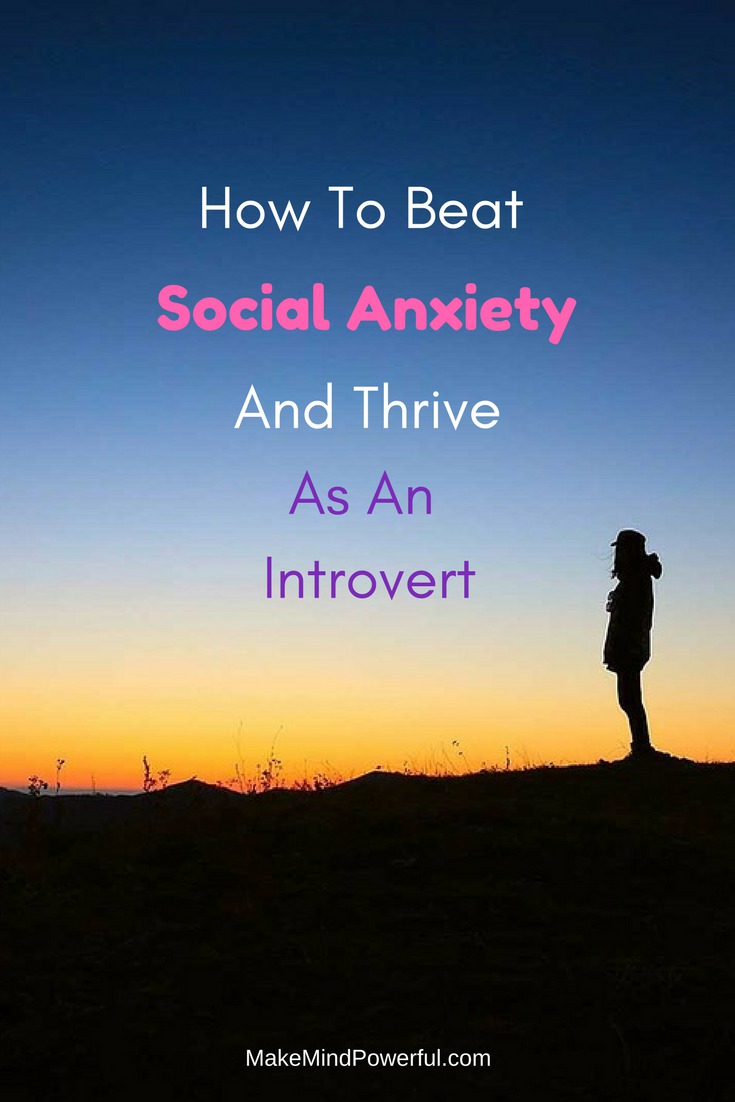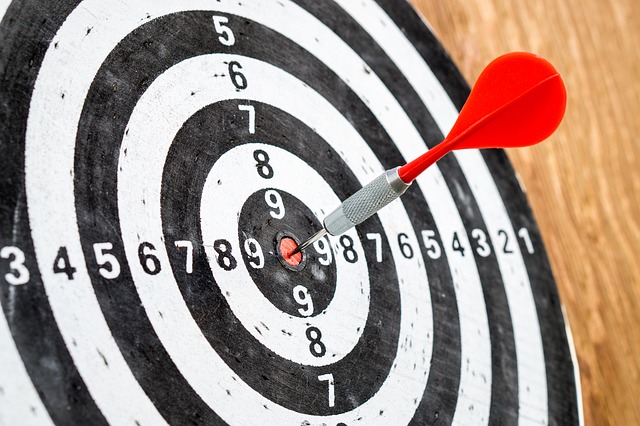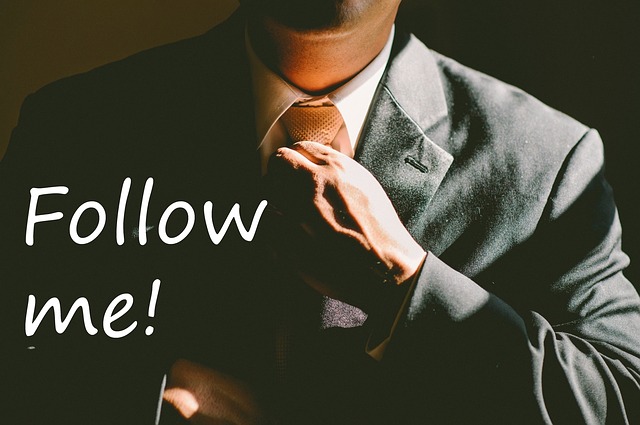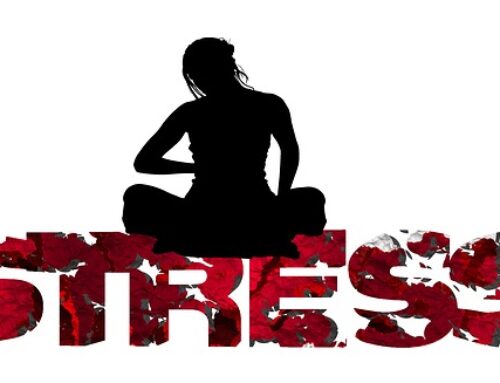Living in the digital age, you’re bombarded with ideas that you have to be great at public speaking, sales presentation, outgoing and be the merry cheerleader for your team to be successful in life and career. Being the quiet introvert, you wonder if there’s any hope of achieving success without altering your personality.
Then you realized that introverts like Bill Gates, Mark Zuckerberg, Larry Page and J.K. Rowling achieved amazing success by letting action talk louder than words. Yet when it’s time to speak, they do so with conviction, confidence and conveyed their message effectively without overdoing it. Check out Mark Zuckerberg’s speech at Harvard.
You’re inspired and started to believe that success is possible after all. But you just can’t get rid of the fear of being ridiculed by others or being overly self-conscious when attempting to voice your opinions. These doubts and the fear of being judged paralyze you in social situations that inspirations soon turned into nothing more than wishful thinking as you retreat into a shadow of what a great introvert can be.
Why People Mistaken Social Anxiety As Introversion
At this time, you probably realize that it’s not just introversion that’s holding you back from greatness, but something else that you struggled to understand. You could be suffering from social anxiety disorder. Social anxiety disorder is often confused with introversion. It’s not uncommon for introverts to not realize that they are suffering from social anxiety for a long period of time.
The general difference between introversion and social anxiety is that a person with the former enjoys being alone and the latter fear social interaction. When you are suffering from social anxiety, your behavior is driven by fear of what others might perceive of your action and speech. Introverts, on the other hand, just don’t feel the need to engage in meaningless small talks.
The differences may appear subtle when you are actually living with introversion and social anxiety. If you still have doubt whether social anxiety has hindered your path to success, check these 9 psychological symptoms of social anxiety disorder to be sure.
How To Beat Social Anxiety And Unleash Your Full Potential As An Introvert?
When you’re sure that social anxiety disorder has been the culprit of all the last minute cancellation of social events and many missed opportunities, you’ll want to not only deal with it but beat it once and for all. Here’s where to start.
1. Don’t Be Too Obsessed With Your Social Anxiety.
Whether you’re professionally or self-diagnosed, knowing and accepting that you’re suffering from the social anxiety disorder is the first step to getting it under control and beating it eventually. It is natural that you will actively seek information and real-life examples of how others overcame their social anxiety.
But getting into panic mode and being too obsessive with your social anxiety can lead to a secondary anxiety where you develop abnormal fears and worries of your social anxiety disorder itself. It will only made things worse. Just because you realize that you can’t speak to strangers without blushing even after one week of trying, doesn’t mean you are not getting any better. The fact that you even tried is a great achievement itself.
2. Be Determined And Patience.
Winning the war against your social anxiety is not a feat you can accomplish overnight, a month, or even a year. It involves accumulating small victories along the way and losing in some battles as well. It’s important to set your expectation right and have a great determination that you’re going to beat social anxiety once and for all.
I’ve seen people seeking out professional therapists, undergoing Cognitive Behavioral Therapy (CBT), and meditation but gave up claiming that these remedies don’t work. One of the reason is when you’re having anxiety, you tend to rush for results. You want to move from point A to point B too soon. That urgency could be an obstacle to your progress.
3. Set Specific Goals And Be Focus
Set realistic goals instead and tackle one issue at a time. If your immediate concern is the inability to walk into a crowded room without freaking out, then work on that first. You may have other issues like public speaking, making phone calls and making eye contact. Stay focus and don’t be all over the place.
Be specific on what you want to achieve and just work on that. When I was running a small business while struggling social anxiety, I focus on overcoming my fear of making phone calls to strangers and leave my phobia of public speaking for later. I went from stuttering and breaking cold sweats to being able to make regular phone calls and having a nice conversation. And guess what, it took no shorter than 6 months to be able to do that.
4. Gradual Exposure
You can make all the preparation mentally but without physical action, you’ll never break out of who you were. To beat social anxiety for good, you need to start somewhere. In my case of making phone calls, I force myself to dial and greet whoever at the other end politely and with confidence. It’s nerve-wracking but I survived.
The longer you delay that first moment of taking action, the more your mind is going to play nasty tricks on you. The only way to stop all those self-doubts that are going to undo your progress is to push yourself to take the first step. And when you make the first plunge, you’ll find that it’s not as scary as you imagined.
5. Work on your beliefs and mindset.
We do get offended when people says anxiety is all in our head. Well, in a sense, it is. Whether it’s due to hormone imbalance or traumatic social experiences, I believe our mind has formed a new thought behavior that strips our confidence apart. This causes us to react negatively in social situations.
It made complete sense that to beat social anxiety for good, you have to start from your mind. Neuroplasticity is a term that describes how our neuron path changes when we behave in a certain manner for a period of time. When I discovered my issue with social anxiety, I turned to mindfulness meditation and hypnosis to learn new thought habits and beat social anxiety once and for all.
Learn How This Hypnosis Calm My Social Phobia Almost Instantly
What Does It Feel Like When You Have Overcome Social Anxiety
Beating social anxiety is not fearing the stage one day and becoming a top public speaker the next. And yes, introverts and be very good public speakers as they have the depths and details that extroverts lack off. This is a gradual process where you will feel your social phobia decreases and your self-dignity increases. When the balance is tipped to the positive side, you will have no trouble doing well in social interaction.
Does this mean that you no longer feel nervous when you’re voicing your thoughts publicly? No. You still do feel anxious, but they are no longer loud and overpowering. Your new found beliefs and confidence will enable you to thrive in social situations you never thought possible. With your social anxiety crushed and defeated, it’s time to unleash the introvert within.
How To Thrive As An Introvert
For years I’ve thought that being an introvert is inferior to extroverts. No thanks to the influence of media and my own social anxiety. Today, having fully defeated social anxiety, I’ve come to realize that we, introverts are amazing in our own rights. Here are some of our natural strengths.
1. Introverts Are Detailed Oriented.
As introverts, we pay attention to details. We picked up subtle hints and details in discussions that are often missed out by extroverts. It’s no wonder that introverts made great programmers and excel in technically inclined careers.
2. Introverts are great leaders.
We think before we talk. This is an important factor in making important decisions that will impact the whole team or organization under our leadership. The ability to see the big picture and zoom into details simultaneously is a priceless trait of a great leader.
3. Introverts Enjoy Solitude
We can be alone without feeling lonely. If anything, I still feel drained after a lengthy social event even though I’ve totally overcome my social anxiety. That’s one of the most obvious sign that you’re a pure introvert. Being able to enjoy solitude made introverts to appear less needy and more attractive in a sense. Do you agree?
Susan Cain’s Quiet will give you a better insight to unlock the full potential of your introvert personality. But everything starts with accepting and being yourself. Remember that what made you feel inferior is not being an introvert but the social anxiety disorder that you are suffering.
Are you a socially anxious introvert? What is your experience in dealing with social anxiety? Share your story in the comment below.
Related:
Why Self-Isolation Traps You In A Vicious Cycle Of Social Anxiety
How To Help Someone With Social Anxiety Without Causing More Harm
How To Stop Overthinking And Worrying In Deep Anxiety
9 Psychological Social Anxiety Disorder Symptoms You May Confuse For Introversion
Meditation For Anxiety – Why It Feels Like It’s Not Working









Great article. Sometimes it does feel as an introvert you can be suffocated by all these extroverts that seem to be everywhere! Looking at the Myers Briggs personality types I do believe however more CEOs are typically introverts compared to extroverts.
Do you have any suggestions if you have a friend that has social anxiety. Particularly if you think they have regressed or gone more into their shell in recent years and you know how fun and outgoing they can be once they get to know people a bit better.
Hi Mark,
Having suffered from social anxiety myself, it’s hard for others to drag us out from our shell. I think a good way may be to encourage them to attend to a community event where there are no stress and people are kind to each other.
You can also try inviting your friend to a private gathering where only a handful of trusted friends meet up and gradually introduce new friends into the group.
Cheers,
Kenny
Thank you for this informative article.
I, myself suffered from social anxiety. It’s hard because I always feel awkward every time I go to social events and parties. I have tried to overcome this gradually by desensitizing myself although I still find it mentally and emotionally draining. I am also an introvert which is the reason why I prefer being alone at times in order to function well.
I firmly believe that we, introverts have a lot to offer in today’s modern society!
Hi,
Yes. Introverts are uniquely special. All the best in fighting your social anxiety.
Cheers,
Kenny
I’ve watched this video with Zuckerberg somewhere else, but the matter that modern people need to disconnect with social network and try to redefine themselves, to ask that essential few question and put more deep meaning in day to day life, i think that this kind of post are really helpful and, important to follow.
I just remember the high rate of suicide in Japan and i read about their lifestyle and way of understanding the arrangements of the world in that society and reach to the topic that progress is a wonderful thing as long as we remain human and not things with human interface.
Hi,
Thanks for sharing your view here. It’s definitely an interesting perspective.
Cheers,
Kenny
I think I am more of an introvert rather than someone who has social anxiety. However, due to my history of depression, I realised that I had social anxiety, but only towards certain types of people.
The funny thing is, although I truly enjoy just being alone, I’m not socially awkward at all in general. I would rather get lost in my own thoughts than to talk to others. Also, thanks for your tips on overcoming anxiety, they are very helpful for me.
Great article!
Hi,
True introverts don’t feel social interactions. It’s just that they don’t feel the need in engaging in small talks. Thanks for reading.
Cheers,
Kenny